Minister Dr Rana for making BIMSTEC people-centric, cooperation-oriented
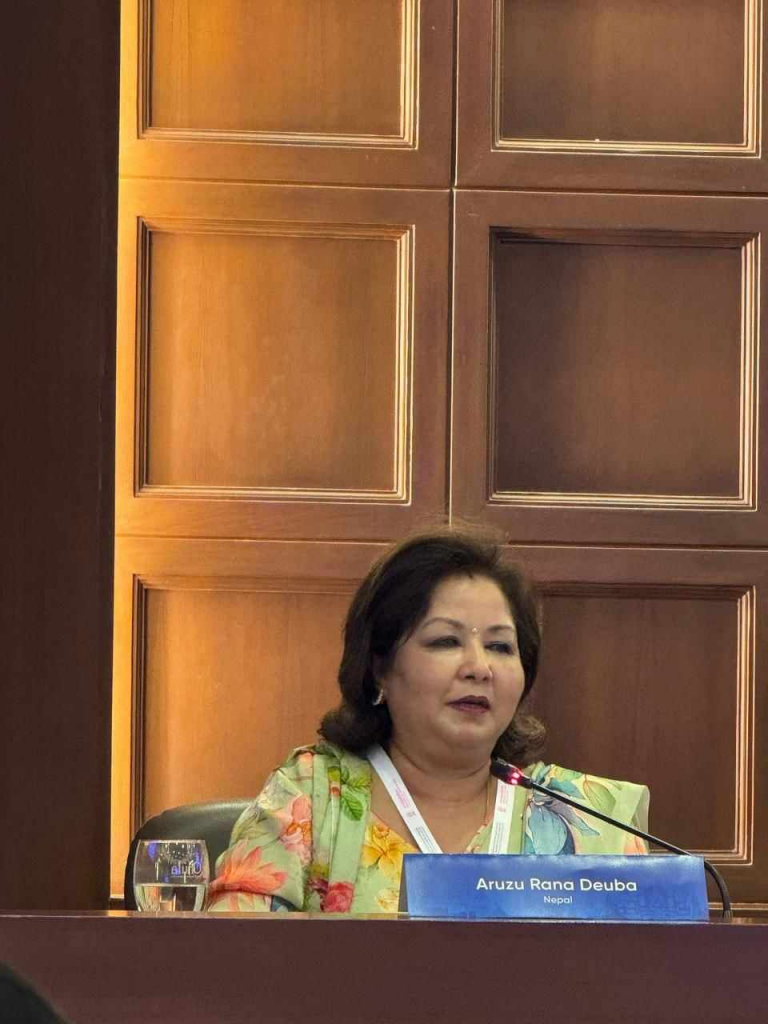
Kathmandu, April 2: Minister for Foreign Affairs Dr Arzu Rana Deuba has said that the Bay of Bengal Initiative for Multi-Sectoral Technical and Economic Cooperation (BIMSTEC) should evolve into a vibrant, people-centric and development-oriented organisation.
Addressing the Third BIMSTEC Dialogue 2025 on the sidelines of the Sixth BIMSTEC Summit in Bangkok, the capital of Thailand earlier today, she called for the regional organisation to address hopes, expectations and problems of the people within the region. “Regional and global organisations should be able to identify its problems and make collective efforts to solve them. Such organisations should be vibrant and people-centric to address problems facing people.”
She further outlined how regional diplomacy and collaboration emerged from the ashes of two World Wars across the globe, and how factors like shifting local dynamics, unique regional identities, and opportunities as well as challenges emerged from globalisation have further shaped the process, according to the Ministry of Foreign Affairs.
Dr Rana called for regional unity and collective cooperation to transform BIMSTEC into a strong partnership platform. “Let us first look and resolve growing challenges like the ill health of mothers and children here, the state of maternal and infant mortality, women’s representation in governance, leadership opportunities for women, and climate change.”
She emphasised BIMSTEC’s role as important in promoting regional peace, unity and environmental sustainability in the Bay of Bengal region and beyond.
She reaffirmed Nepal’s commitment to BIMSTEC’s principles and objectives, calling for meaningful collaboration among member nations for promoting culture and tourism, alleviating poverty, and addressing climate-related challenges through collective cooperation and people-to-people relations.
“In order to make BIMSTEC a vibrant and people-centered organisation, collaboration with development partners and other regional and international organisations including the United Nations should be promoted. We must move forward with collective cooperation for peace and prosperity,” she said.
The Foreign Minister stressed the need for BIMSTEC to deepen regional relations across economy, resources, culture, society, and people of the region. She rued that the regional organisation has not yet been able to tap into abundant natural resources and the potential of a young population.
She highlighted the urgency to enhance existing and new connectivity frameworks such as Free Trade Area Agreement, BIMSTEC Master Plan for Transport Connectivity, Buddhist Circuits, Temple Circuits and Eco-Tourism Circuits and other initiatives to unlock untapped regional potential.
Similarly, she called for prioritising human resource development, innovation and technology transfer to fully harness untapped complementarities within our region.
She further requested the integration of emerging technologies like artificial intelligence (AI) to address regional challenges and foster cooperation among member states.




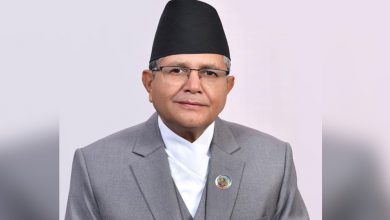
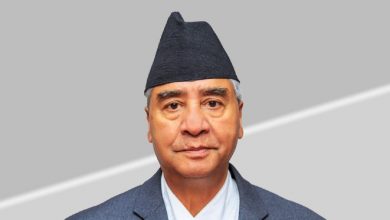
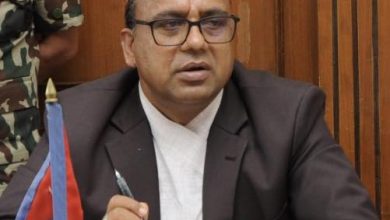
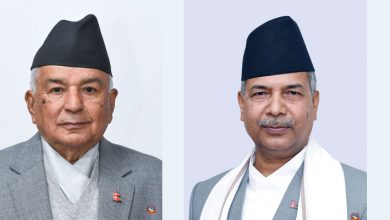
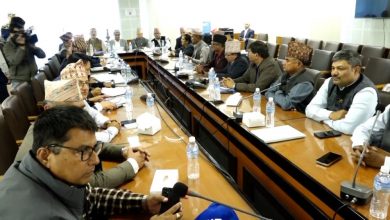
Comments